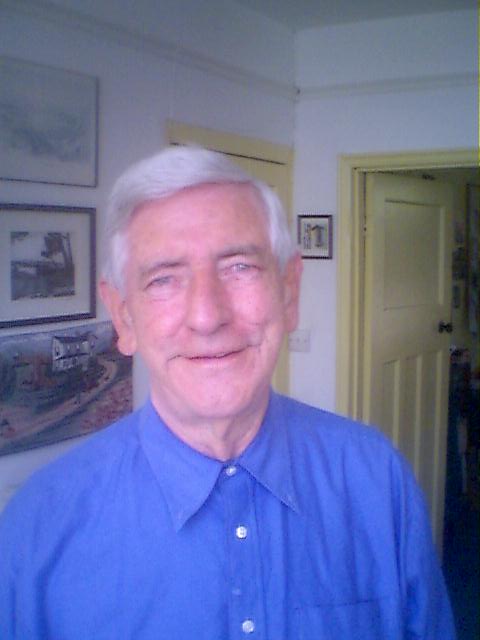>>> Moving towards Vatican III
| Personal Note | Theology Today | Pastoral Implications | Forty Years in the Desert | Digesting Vatican II | Preparing for Vatican III | Eucharistic Starvation |
"Can the church become more people friendly?"
Ignatius Desmond Sullivan (Oxford, England)
Please feel free to contact me with your thoughts -
Pastoral Implications
These four insights spell a radical shift in theological education and pastoral strategy.
The philosophical background to theological education must in future be based upon the excellence of the human person rather than on the philosophical analysis of human nature. Such a theology of the person must therefore take its stand on the revelation of the Incarnation, namely the person of Jesus.
The concept of individual stresses the uniqueness of each one. For Christians, the concept of person includes the idea of relationship, that each is connected to another. This mirrors the knowledge, devotion and love between the Father, the Son and the Holy Spirit.
Similarly, the teaching of the church and its every structure, will no longer be based on the current sociology and psychology or on imperial concepts of authority but upon the "transcendental dignity of human person" (Veritatis Splendor: no.100) and thus rooted in the doctrine of the Incarnation at the very centre of all theology.
Hence the primacy of pastoral concern over the dominance of academic schools of theology includes:
- A stable basis - the sacred treasures of our Christian heritage
- And a robust courage to face development and change - semper reformanda.
The Council documents are themselves a pattern of this - they balance in almost every successive paragraph two elements; an emphasis on the old, and a vision of the new.
This radical shift, which we thus see in theology over the years has been called a Paradigm Shift - the old paradigm being the insights of the theological outlook during the Council of Trent - and the new paradigm being the new insights in many of the decrees of the Second Vatican Council.
Two contrary and often hostile approaches have arisen in the years since the Council, each claiming to implement faithfully the spirit of the Council. One school of thought uses the idea "Restoration" as a slogan to bring the church back to the "certainties" of the old days, and they use the phrase "in the spirit of the current movement for the ressourcement in all areas of the church's life". On the other hand there is a less vocal movement trying to follow Pope John's legacy as outlined by him at the opening of the Council.
Pope John laid down an agenda that, at the time, seemed to many to be banal, naïve and unremarkable which as the years roll by seem to be both profound and prophetic.
1. He wanted a "pastoral Council". Each of the Council Decrees had to past this "pastoral test". This meant that the agenda for the church should place "pastoral theology" at the top of a scale of values, above dogmatic theology above speculative theology and above, even, Canon Law. Even ecclesiology on this scale of values was to be subordinate to the pastoral care of the person. This meant, of course, that the Papal Office itself was for Pope John a pastoral office in itself and above all other functions.
2. Pope John said that the Council should not "thunder off" anathemas and condemnations he wanted to bring new respect for others and to promote dialogue. The "substance of the ancient doctrine of the faith is one thing, and the way it is presented is another" and "it is the latter that must be taken into great consideration with patience…by a magisterium which is predominantly pastoral in character."
3. Mindful of the "paramount dignity of the human person", Pope John called on the Council to proclaim the religious truth that the Church "shows herself to be the loving mother of all …mankind and spreads the fullness of Christian charity than which nothing is more effective in eradicating discord.."
4. "…It came completely unexpected, like a flash of heavenly light, shedding sweetness in the eyes and heart…" Pope John used these words about himself when the idea of the "Council came as a sudden bringing up in our heart and lips…" He hoped that, under the inspiration of the Holy Spirit the work of the Council would "correspond to the modern expectations and needs of the various peoples of the world … embracing the whole man, composed of his body and soul…as a "pilgrim on this earth".
5. Pope John hoped for a "second Apostolic Cenacle" as an opportunity to "read the signs of the times" so that "freed from many obstacles of a profound nature such as trammelled her in the past…" the Church can "raise her voice resonant with majesty and greatness." This Pentecost would be an opportunity to "fulfil our duties as citizens of the earth and of heaven".
